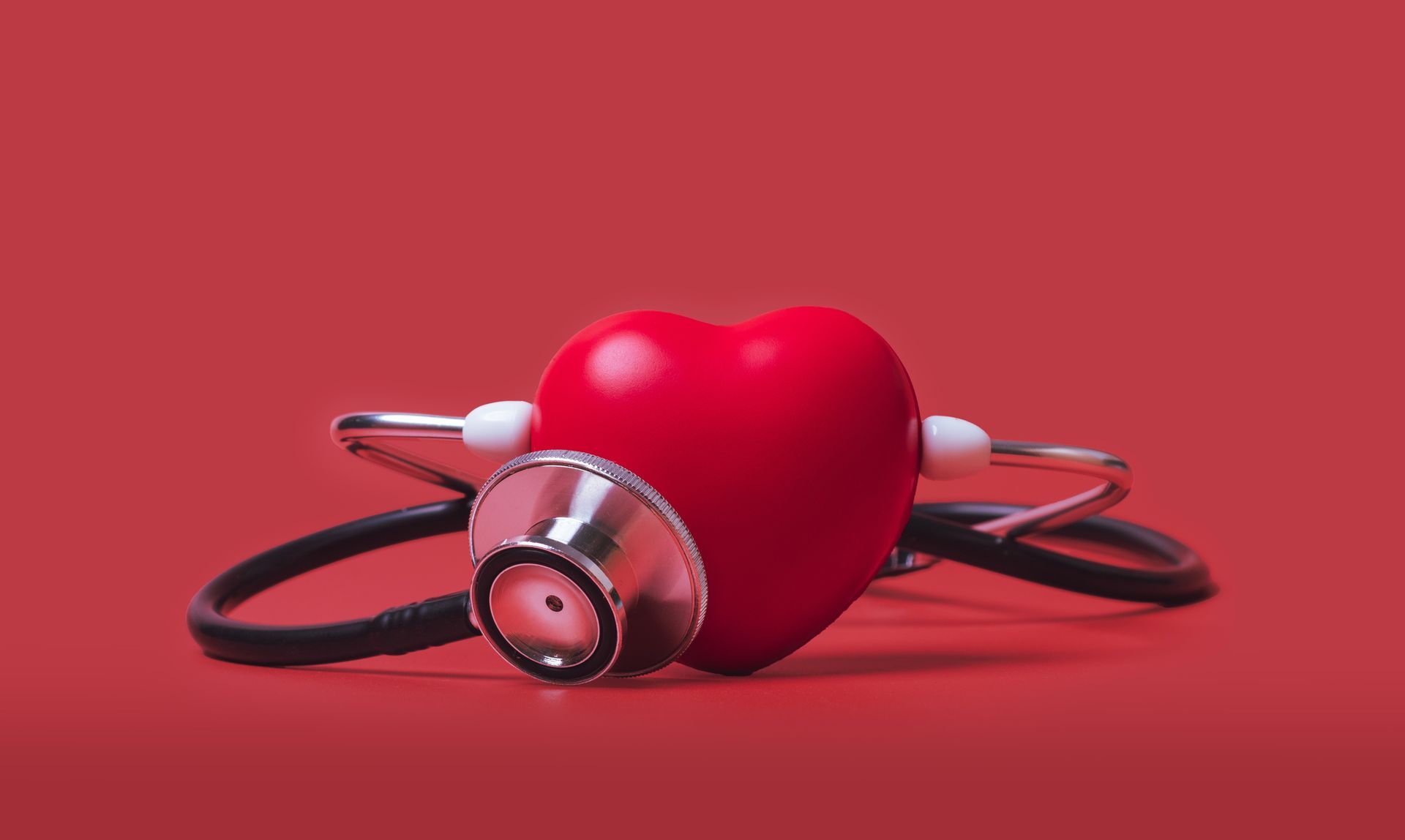Your Guide to Heart Health Screenings: What to Know and Where to Start
Everything You Need to Know About Heart Screenings to Protect Your Health and Prevent Problems Early

Heart health is essential for overall well-being, yet many people don’t know where to begin when it comes to getting screened. Regular screenings are a proactive way to assess your heart’s health and catch potential problems early. This guide breaks down where to go, what tests to consider, and how to prepare for your screening.
Where to Go for Heart Health Screenings
- Primary Care Physician (PCP)
Your regular doctor is an excellent starting point for heart health screenings. They can perform basic tests, review your medical history, and recommend further specialized testing if needed. - Cardiologist
If you have a family history of heart disease, pre-existing conditions, or higher risk factors, ask your PCP for a referral to a cardiologist. Cardiologists are experts in heart health and can provide in-depth evaluations. - Health Clinics
Local clinics, community health centers, or federally qualified health centers often offer affordable heart health screenings, making them a great option if you’re uninsured or underinsured. - Hospitals
Many hospitals organize heart health screening events, particularly during February for American Heart Month. These events may include free or low-cost tests. - Pharmacies or Retail Clinics
Pharmacies like CVS and Walgreens often provide basic screenings for blood pressure and cholesterol. They’re convenient options for quick check-ups. - Nonprofit Organizations
Organizations like the American Heart Association and their Go Red for Women campaign frequently offer community-based screenings and resources to promote heart health awareness.
What Screenings Should You Get?
When you go for a heart health screening, here are the key tests to consider:
1. Blood Pressure Check
- Measures the force of blood against your artery walls.
- Ideal level: Less than 120/80 mm Hg.
2. Cholesterol Test (Lipid Panel)
- Measures levels of total cholesterol, LDL (bad cholesterol), HDL (good cholesterol), and triglycerides.
- Ideal levels:
- Total cholesterol: Below 200 mg/dL
- LDL: Below 100 mg/dL
- HDL: 50 mg/dL or higher (for women)
- Triglycerides: Below 150 mg/dL
3. Blood Sugar Test (Glucose or HbA1c)
- Assesses your risk for diabetes, a significant risk factor for heart disease.
4. Body Mass Index (BMI) and Waist Circumference
- Evaluates if your weight could be putting extra strain on your heart.
5. Electrocardiogram (EKG/ECG)
- Checks for irregular heart rhythms or other electrical issues in the heart.
6. Stress Test (if needed)
- Monitors your heart’s function during physical activity, often recommended if there are concerns about blockages or angina.
7. Coronary Calcium Scan
- A non-invasive test to check for calcium buildup in your coronary arteries, which can indicate heart disease.
8. C-Reactive Protein (CRP) Test
- Measures inflammation in your body, which is linked to an increased risk of heart disease.
How to Prepare for Your Screening
- Know Your Family History
Be ready to share details about any family history of heart disease, high blood pressure, or other related conditions. - Fast If Required
Some tests, like cholesterol and blood sugar panels, may require fasting for 8–12 hours beforehand. Check with your healthcare provider for specific instructions. - Bring Questions
Prepare a list of questions for your doctor to better understand your results and next steps.
Taking the First Step Toward Heart Health
Heart health screenings are a critical step toward understanding and protecting your cardiovascular health. Knowing where to go, what tests to take, and how to prepare can make the process less intimidating and more effective.
Make time this month to prioritize your heart health. Whether it’s scheduling an appointment with your PCP or visiting a local clinic, every step counts toward living a healthier, longer life.
For more information and resources, check out the American Heart Association’s website.



